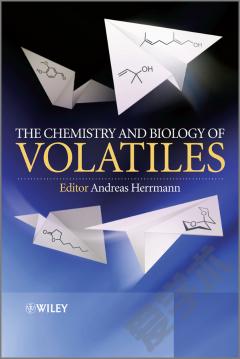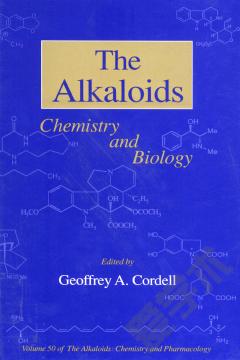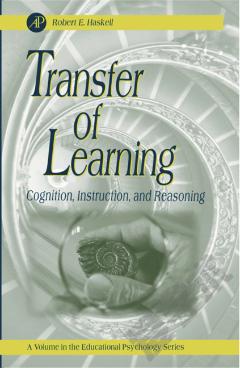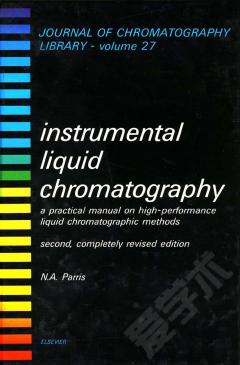Chaos In Chemistry And Biochemistry
True deterministic chaos is characterized by unpredictable, apparently random motion in a dynamical system completely described by a deterministic dynamic law, usually a nonlinear differential equation, with no stochastic component. The inability to predict future behavior of a chaotic system occurs because trajectories evolving from arbitrarily close initial conditions diverge. Chaos is universal as it may arise in any system governed by one of a class of quite common, suitable nonlinear dynamic laws. This book discusses both the experimental observation and theoretical interpretation of chaos in chemical and biochemical systems. Examples are drawn from the Belousov-Zhabotinsky reaction, surface reactions, electrochemical reactions, enzyme reactions, and periodically perturbed oscillating systems.
{{comment.content}}








 京公网安备 11010802027623号
京公网安备 11010802027623号